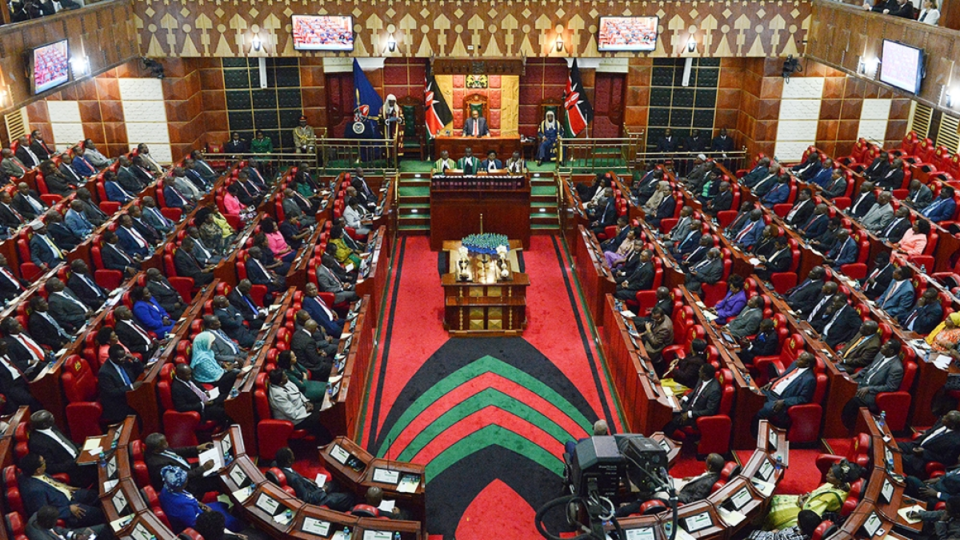Parliamet Passes Bill to Strengthen Election Integrity with Harsher Penalties
On August 14, 2025, Kenya's National Assembly passed the Election Offences (Amendment) (No. 2) Bill, 2024, a significant legislative move aimed at strengthening the integrity of the country's electoral process. The bill introduces stringent penalties for electoral malpractice and addresses critical gaps in existing election laws to ensure greater transparency and fairness in future polls. Sponsored by Senate Majority Leader Aaron Cheruiyot, the legislation originates from recommendations made by the National Dialogue Committee (NADCO), a bipartisan group formed to resolve political tensions following the contentious presidential election on August 9, 2022. NADCO's report, adopted by Parliament in February, called for a comprehensive review of election laws to safeguard the democratic process, and this bill is a direct outcome of those efforts.
The new law amends Section 6 of the Election Offences Act, 2016, introducing a range of measures to curb electoral violations. One of the key provisions criminalizes the conduct or oversight of elections at ungazetted polling stations by members or staff of the Independent Electoral and Boundaries Commission (IEBC). This measure addresses past controversies, such as the 2017 presidential election petition, which revealed allegations of illegally established polling centers in Mandera County staffed by unauthorized personnel. These actions undermined the credibility of election results, highlighting the need for stricter regulations. The bill also makes it a criminal offense to unreasonably delay the declaration of election results or to deliberately alter declared results, practices that have historically fueled disputes and eroded public trust in the electoral system.
Penalties under the amended law are notably severe. Individuals found guilty of these offenses face fines of up to 2 million Kenyan shillings, imprisonment for up to five years, or both. The legislation further reinforces existing prohibitions against colluding with political parties, interfering with voters, rejecting valid ballots, or providing undue advantages to any candidate or political party. These measures aim to deter electoral malfeasance and ensure that all participants in the electoral process adhere to strict ethical standards.
The bill's passage reflects a broader commitment to addressing longstanding issues in Kenya's electoral framework. The 2022 presidential election, which sparked significant political unrest, underscored the need for reforms to prevent future disputes. NADCO's recommendations emphasized the importance of transparency and accountability, and the new law aligns with these goals by mandating that all polling stations be gazetted in accordance with the Elections (General) Regulations, 2022. This regulation requires the IEBC to publish the identifying numbers and locations of all polling stations for each constituency, ensuring that electoral processes are conducted in designated and regulated locations.
If signed into law by the president, the amendments will establish additional safeguards to enhance the verifiability and transparency of Kenya's elections. The focus on gazetted polling stations aims to eliminate the risks associated with unauthorized voting centers, which have been a recurring issue in past elections. By imposing heavy fines and prison terms, the bill sends a strong message that electoral malpractice will face serious consequences, potentially deterring those who might attempt to manipulate the process.
The legislation has been welcomed by advocates for electoral reform, who see it as a step toward restoring public confidence in Kenya's democratic institutions. Past elections, particularly in 2017 and 2022, exposed vulnerabilities in the electoral system, including allegations of result tampering and procedural irregularities. By addressing these issues head-on, the Election Offences (Amendment) (No. 2) Bill, 2024, aims to create a more robust framework for conducting free, fair, and credible elections. As Kenya prepares for the 2027 general election, the successful implementation of these reforms will be critical to ensuring a peaceful and transparent electoral process.


